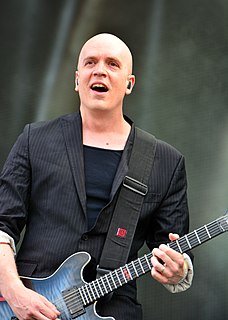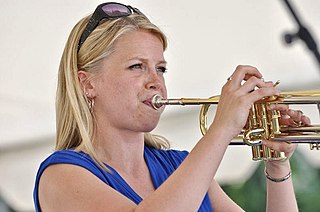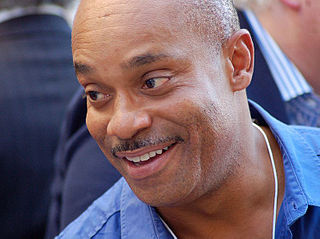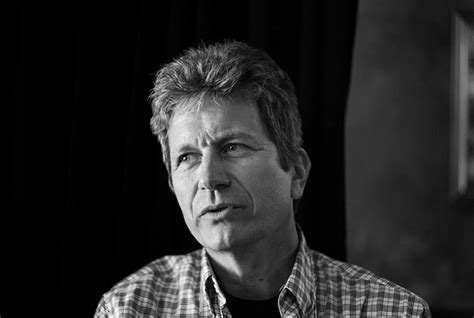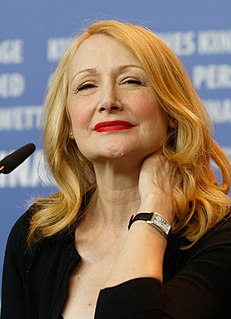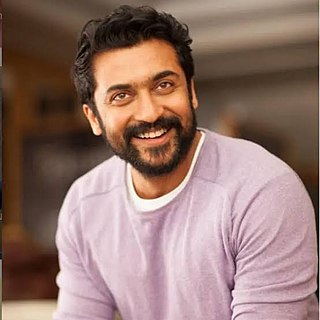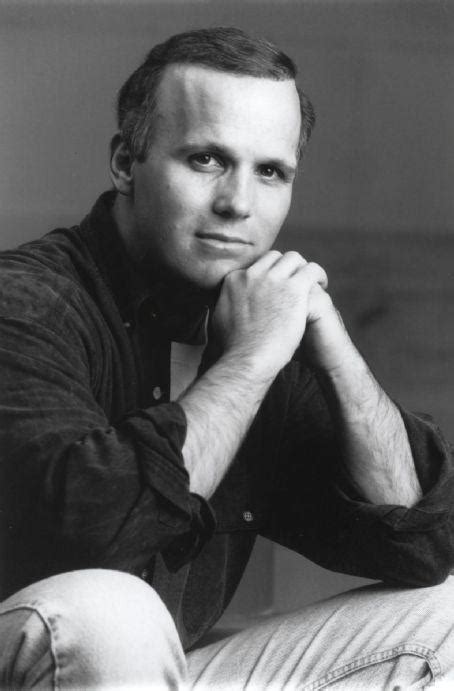A Quote by Rivers Cuomo
I think if I wasn't a musician, I would be a high-school band director or orchestra director. I like working with large groups of musicians and bringing out the dynamics and accomplishing something as a team.
Related Quotes
When I was going to high school, in the high school band we would play these kind of hour-long concerts for our parents. All the parents would come to the gymnasium, and the band would play an hour-long kind of orchestra piece. 'Synchestra' is supposed to be similar, like a high school band orchestra piece.
I like to adapt to a director's way of working. I love doing that. Each director is so different, and you have to adapt to this new way of doing something. That's what's amazing to me. That's why I love directors. I don't want to director to have to work around me. I think it's more fun for me to come in on their thing.
I was in this public high school in Princeton, and it had this topnotch jazz program - if you were a musician of any kind of caliber, your holy grail was to be in that orchestra. It was that claim to fame of the school, of the town, other than the university. But it was better than the university band.
If you are able to see on a monitor what it's actually going to look like and have that kind of feedback informing your decisions, then you're bringing back a lot of the decision-making process of the designer, the director of photography and the director away from the post-production process and bringing it back into the actual capturing of the event on film.
I will say from the outset, I think if you're great, you're great from the very beginning. And because I do think it is innate and I do think it is a gift you just have, and I don't think you can - you can hone the skills of a director, but sadly, I do think that you are born a great director. I think it's just in you and it's something that is deep in you. But, I find it can be difficult working with first-time directors, but it's also moving.
In Hong Kong, in our generation that started out in the 1970s, being a director wasn't a big deal. We didn't even have director's chairs. We weren't particularly well paid. The social standing of a film director wasn't that high. It was a sort of a plebeian job, a second or third grade one. And the studio heads are always practical, there's never any fawning because someone is a director. There's very little snobbery about one's position as a director. The only ones people treated differently were those that were also stars; or the directors who also owned their companies.


